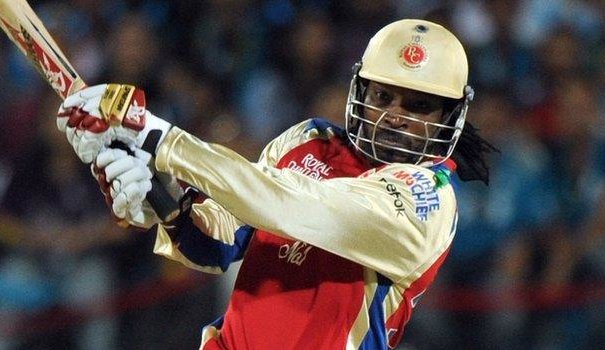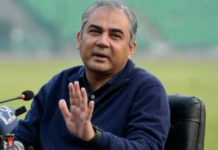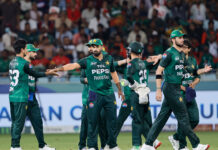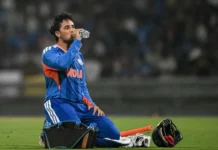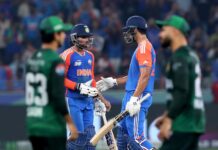While you sit and watch the IPL live on your TV or mobile phones, you can’t help but wander into the past, trying to recollect the day when the fastest century in the history of the IPL was scored. It was a blistering hot afternoon on the 23rd of April in the year 2013. Resembling any typical summer afternoon in India, the stage was set for a fantastic match between two IPL teams, namely Sahara Pune Warriors India and the Royal Challengers Bangalore. The viewers had their eyes glued to their screens in anticipation of a cracker of a game.
The match was scheduled for 4 pm IST. The toss was won by the Pune Warriors captain Aaron Finch and he almost instantaneously put the Royal Challengers Bangalore in to bat first. The Bangalore side started shakily in the first over, scoring just three runs off Bhuvneshwar Kumar. However, in the second over, the scoring accelerated, and the team scored 21 runs.
Chris Gayle showed signs of being at his ominous best in that very over. Forming a partnership with Sri Lankan opener Tillakaratne Dilshan, Gayle scored his half-century off only 17 deliveries. The Gayle storm was brewing and about to wreak havoc on the Chinnaswamy Stadium in Bangalore. Nonetheless, this was just a sign of the things to come for the Pune Warriors India’s bowlers. The Gayle storm was just brewing!
The West Indian batsman has always been associated with big-hitting and fast centuries, but on the day, he was going to produce something that had never been seen before. After a 17-ball half-century, the big man’s appetite was not hampered; he continued slamming the Pune Warriors India’s bowlers. While this may seem small by today’s standards, the southpaw then went on to torment the bowlers for the Pune Warriors India by getting his second fifty in just 13 balls, completing the century in just 30 deliveries.
This was a significant milestone for IPL live on television because it occurred in 2013. There was no batter in the world in 2013 who had achieved a century in less than 35 balls. The Caribbean sensation was in a league of his own. In addition, the Caribbean great scored the final 75 runs of his innings in 36 balls. His 175-run innings included 13 fours and 17 sixes, another IPL record in terms of boundary count. This innings alone contributed to the team’s total of 263 runs, which is also a record in the Indian Premier League for the highest total by a team.
Chris Gayle’s innings is historic since he not only set the record for the fastest century in the Indian Premier League and in world cricket, but he also went on to score 175 runs at Bangalore’s Chinnaswamy Stadium. His score is the greatest in the T20s in the world to date, and his century is still the quickest in the Indian Premier League as of 2021. The speed at which this century was scored is also a major point of discussion till now.
Until 2013, only a handful of batsmen had scored a century in the IPL. The previous fastest century was scored by Indian batsman Yusuf Pathan when he was playing for the Rajasthan Royals. Back then, the destructive batsman scored a blazing 37 ball century, and this seemed like a feat that would be impossible to emulate.
However, when the Gayle Storm arrived in 2013 against the Pune Warriors India in Bangalore, this record was broken and has stood to date. Scoring the fastest century in the history of the league meant that the Caribbean batsman had to score a ton in 36 balls or less. He did way better than that and scored it sooner.
Even today, when checking the latest sports news, supporters refer to this performance by the West Indian superstar as the ultimate benchmark. The first-ever game of the IPL saw Brendon McCullum slam the highest ever T20 score of 158 runs, remaining unbeaten. But Chris Gayle’s fastest ever century also went on to become the highest ever individual T20 score across the globe. Thus, it is easy for one to conclude that this record is not likely to be broken any time soon, as it needs special innings to do so. The record also holds not only for the fastest century but also for the highest individual score.

